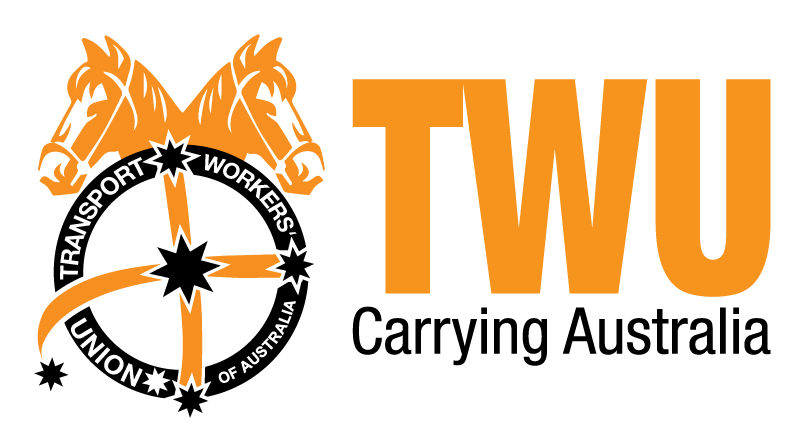The Federal Government has overlooked the essential nature of veterinary work, leaving veterinary science students out of its recent promise to provide funds to support teaching, nursing, and social work students on university placements.
Australian accreditation standards mandate that veterinary students undertake at least 52 weeks of placement during their 5-6 year course, a figure which exceeds the requirements of other degrees.
Dr Diana Barker, President of the Australian Veterinary Association (AVA), expressed her disappointment, saying, “For the approximately 3,000 veterinary students in Australia, this will be a huge blow. The fact that their more than 52 weeks of mandatory placement haven’t been recognised in the Federal Government’s placement payments, is a significant oversight. This does not recognise the essential work veterinarians deliver for individuals and communities across Australia.”
‘Placement poverty’ affects veterinary students and prevents many students from undertaking practical work placements rurally and regionally due to the costs incurred. If provided with opportunities to see practice rurally, there is evidence that students will return to work in rural and regional locations.
The AVA calls on the Federal Government to clearly recognise the essential nature of veterinary services in the community. “Veterinary services are essential to the community, just like human health care or education,” Dr Barker said.
Like human health, the community expects the veterinary profession to provide services for private (individual) benefit and also deliver services that benefit the public (public good). This aspect of a veterinarian’s work, often invisible to society, is crucial. “Protecting and improving the health of people and their communities is an essential part of the veterinary profession,” Dr Barker said.
“The veterinary profession is a key care profession that is experiencing a skills shortage, and the AVA urges the Government to provide financial support for veterinary students undertaking placements because the profession cannot afford to. We know that government subsidies such as those from the Northern Australia Biosecurity Surveillance Network (NABSnet) program are the only way many students can afford to see the benefits of remote rural practice”, said Dr Barker.
The AVA made several recommendations in its 2024/2025 prebudget submission related to new graduates and veterinary education and called for the Federal Government to support strategies that will build and retain the regional veterinary workforce.
“We implore the Federal Government to expand its placement payment scheme to veterinarians, as they, too, are providing an essential service,” Dr Barker said.








